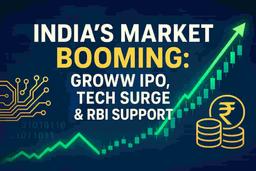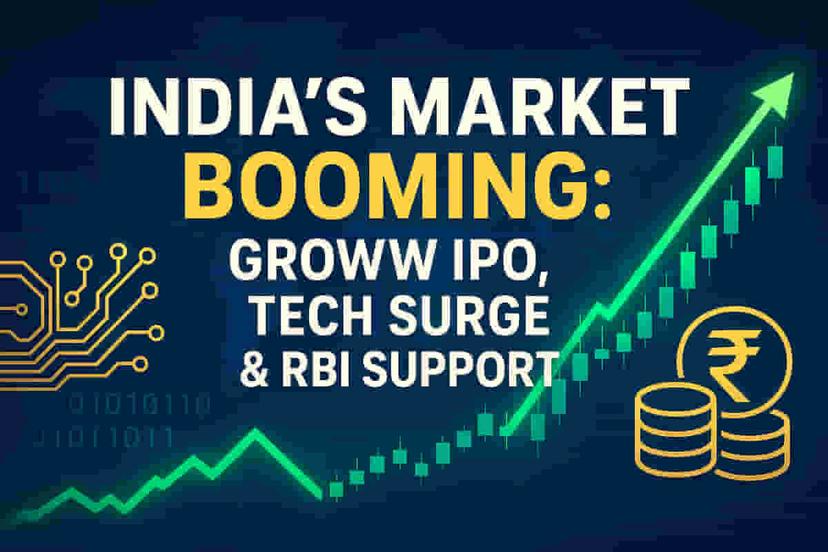Ukraine Strikes Russia's Oil Refineries: Is Your Portfolio Ready for Oil Price Shock?
Commodities
|
Updated on 12 Nov 2025, 08:27 am
Reviewed By
Abhay Singh | Whalesbook News Team
Short Description:

▶
Detailed Coverage:
Ukraine's escalating drone attacks have severely impacted Russia's oil refining infrastructure, damaging over 38% of its capacity. This has led to fuel shortages, reduced refined product exports, and increased gasoline prices within Russia. Despite a general bearish outlook for 2026 due to anticipated global oil surpluses from OPEC+ and record US production, these disruptions introduce significant short-term geopolitical risks. These risks could push WTI crude prices higher, potentially testing $63-$65.
Meanwhile, major energy consumers like India and China continue to import Russian energy. China is developing a "shadow fleet" to transport sanctioned LNG, while India's oil imports, though showing a recent rebound, may decrease by December as refiners look for alternative sources from the US, Middle East, and Latin America.
The overall global oil market is expected to have a surplus of 0.5-0.7 million barrels per day in 2026. However, potential disruptions to Russian oil flows and strong refinery margins (driven by supply concerns rather than demand) provide some resistance to the bearish view.
Impact: This news is highly impactful for the Indian stock market, influencing inflation, transportation costs, and the profitability of various sectors reliant on energy. It directly affects Indian businesses and consumers. Rating: 8/10.
Difficult Terms: * **Refining Capacity**: The maximum amount of crude oil that a refinery can process into finished products like gasoline, diesel, and jet fuel over a specific period. * **Geo-political Risk**: The risk that political events or instability in a country or region can negatively affect the global economy or specific markets, such as commodity prices or stock markets. * **OPEC+**: An alliance of oil-producing countries, including members of the Organization of the Petroleum Exporting Countries (OPEC) and several non-OPEC nations, that coordinate their oil production policies to influence global oil prices. * **WTI Crude**: West Texas Intermediate, a grade of crude oil used as a benchmark in oil pricing, originating from the United States. * **Brent Crude**: A major global oil benchmark used to price two-thirds of the world's internationally traded crude oil, originating from the North Sea. * **Shadow Fleet**: A fleet of oil tankers that operate outside the purview of traditional shipping regulations or insurance, often used to transport oil from sanctioned countries. * **CPI**: Consumer Price Index, a measure that examines the weighted average of prices of a basket of consumer goods and services, such as transportation and food. It is calculated by taking price changes for each item in a predetermined basket of goods and averaging them.
Media and Entertainment Sector

Old Films' Bold 4K Comeback: Are Restored Classics The Next Big Profit Driver For Indian Cinema?

Old Films' Bold 4K Comeback: Are Restored Classics The Next Big Profit Driver For Indian Cinema?
IPO Sector

Tenneco Clean Air India IPO: Rs 1080 Crore Anchor Funding & Massive Investor Rush Unveiled!

India Poised for Gains? Groww IPO Debut, IT Sector Boom, Bihar Polls & RBI's Rupee Defense - What Investors Need to Watch!

Tenneco Clean Air India IPO: Rs 1080 Crore Anchor Funding & Massive Investor Rush Unveiled!
